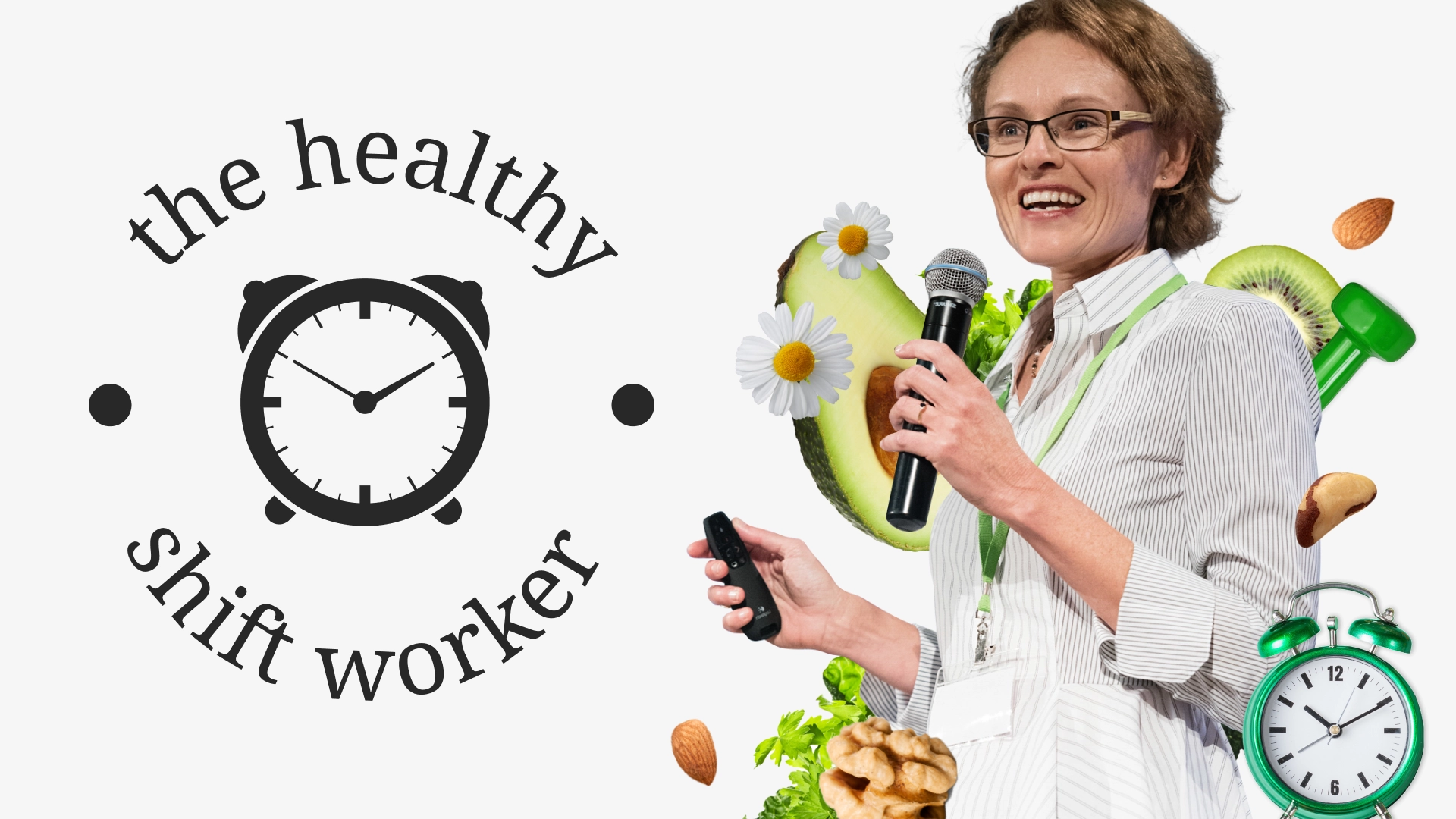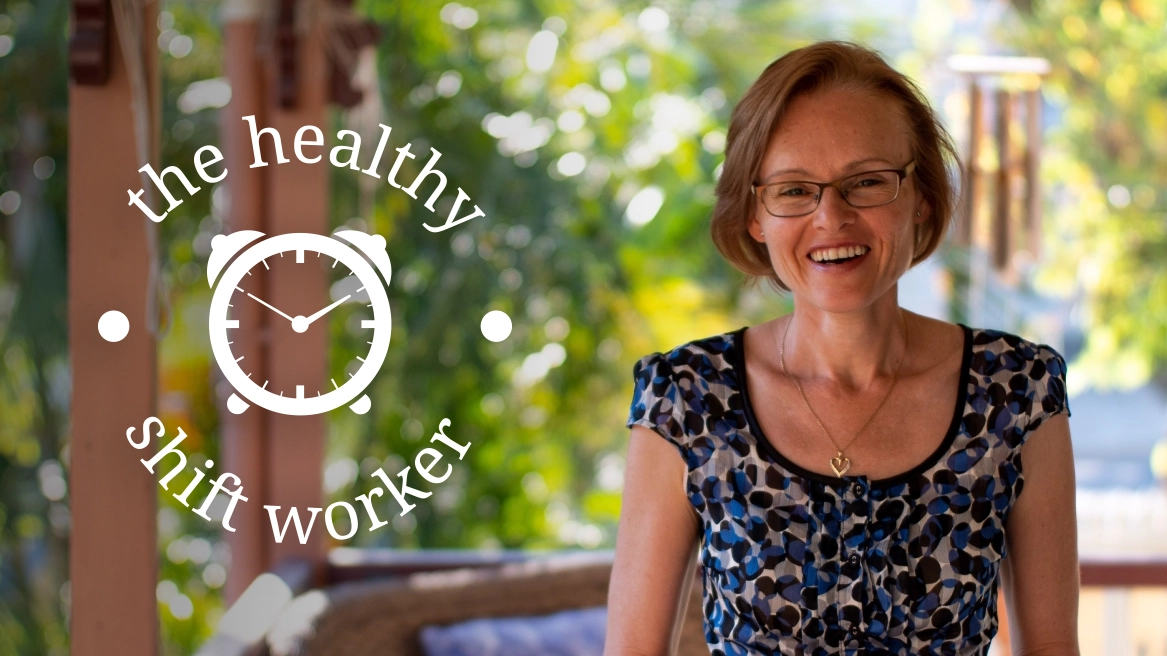 No doubt if you are working shift work, you have probably drunk copious amounts of tea and coffee at some point in time to help keep you awake. But are these cups of tea and coffee really helping you to overcome chronic fatigue and tiredness, or are they just masking the problem?
No doubt if you are working shift work, you have probably drunk copious amounts of tea and coffee at some point in time to help keep you awake. But are these cups of tea and coffee really helping you to overcome chronic fatigue and tiredness, or are they just masking the problem?
You see when you grab that cup of tea or coffee to help perk you up, it’s only fooling the body into thinking its not tired.
It does not actually cure your tiredness.
And what’s concerning is that this daily caffeine fix not only becomes a habit, it eventually leads to an addiction. In fact Scientists consider caffeine as one of the most powerful and addictive drugs because it’s very easy to build up a tolerance to it.
And what they mean by this is that you may initially drink two cups of coffee a day to get your caffeine fix (certainly easy for a shift worker to do) – but it will probably take three cups a day to get the same ‘hit’ next week.
Plus if you are somebody that has …
- Trouble sleeping
- Feels nervous
- Irritable
- Moody
- Or even a bit depressed – chances are you may be suffering from an excess of caffeine.
So, here comes the million dollar question – are you a caffeine addict?
Now if you can’t get by without your regular cuppa, then I hate to say it but you are probably addicted.
Now what is also not good about this scenario is that drinking tea or coffee on a regular basis has an effect on every major system in your body. The nervous system suffers the most, as caffeine is a stimulant that affects you mentally and physically. There is also evidence that caffeine can damage your digestive system, making you prone to stomach ulcers.
Now I’m not suggesting that you go ‘Cold Turkey’ and give up your tea and coffee completely. Just be sensible.
Having more than 2 cups a day is not going to be good for your health long term. So instead try some healthy alternatives like herbal teas – that way you are still enjoying the social experience of having your hot drink. They are also a much more refreshing drink, which is going to help with your chronic fatigue and tiredness.
Now just a word of warning. Like with any addiction, cutting down on caffeine is going to bring on withdrawal symptoms, including headaches, fatigue, stiffness, and even some flu-like symptoms as your body cries out for more caffeine.
Hang in there, these symptoms will pass in two or three days and you’ll soon be jumping out of your skin with real energy – instead of the ‘fake pick me up’ that caffeine is renowned for!



Oh, you GOT me on this one…I’m afraid that I LOVE my tea…sigh…I bounce around with it…cutting back for a while…and then it sneaks up on me again…Constant battle, I’m afraid…And I just don’t like the taste of many herbals. Sigh…Always easier for me to cut back in the summer, though…I drink tea to stay warm in the colder months. Another great post!! Thanks for ALWAYS making me think! ~Janine XO